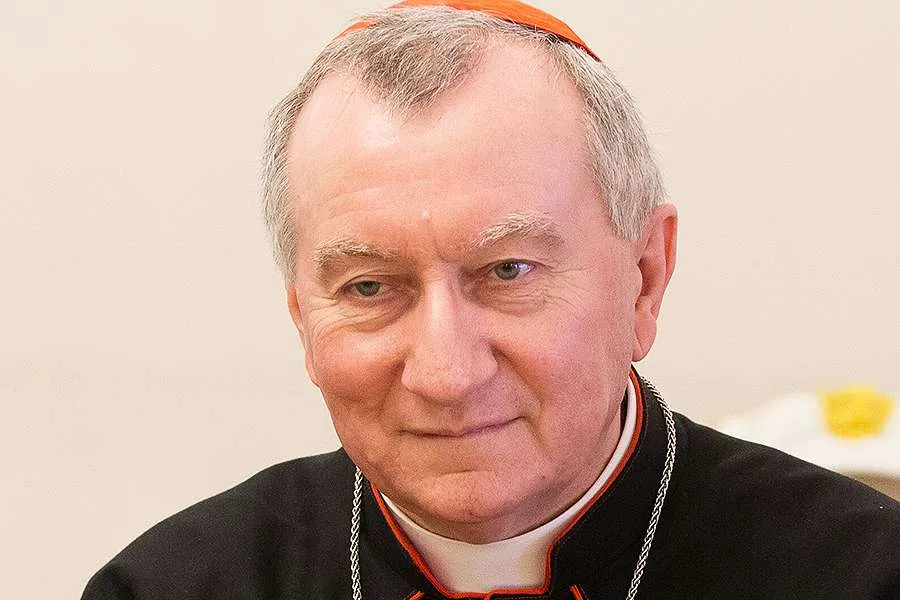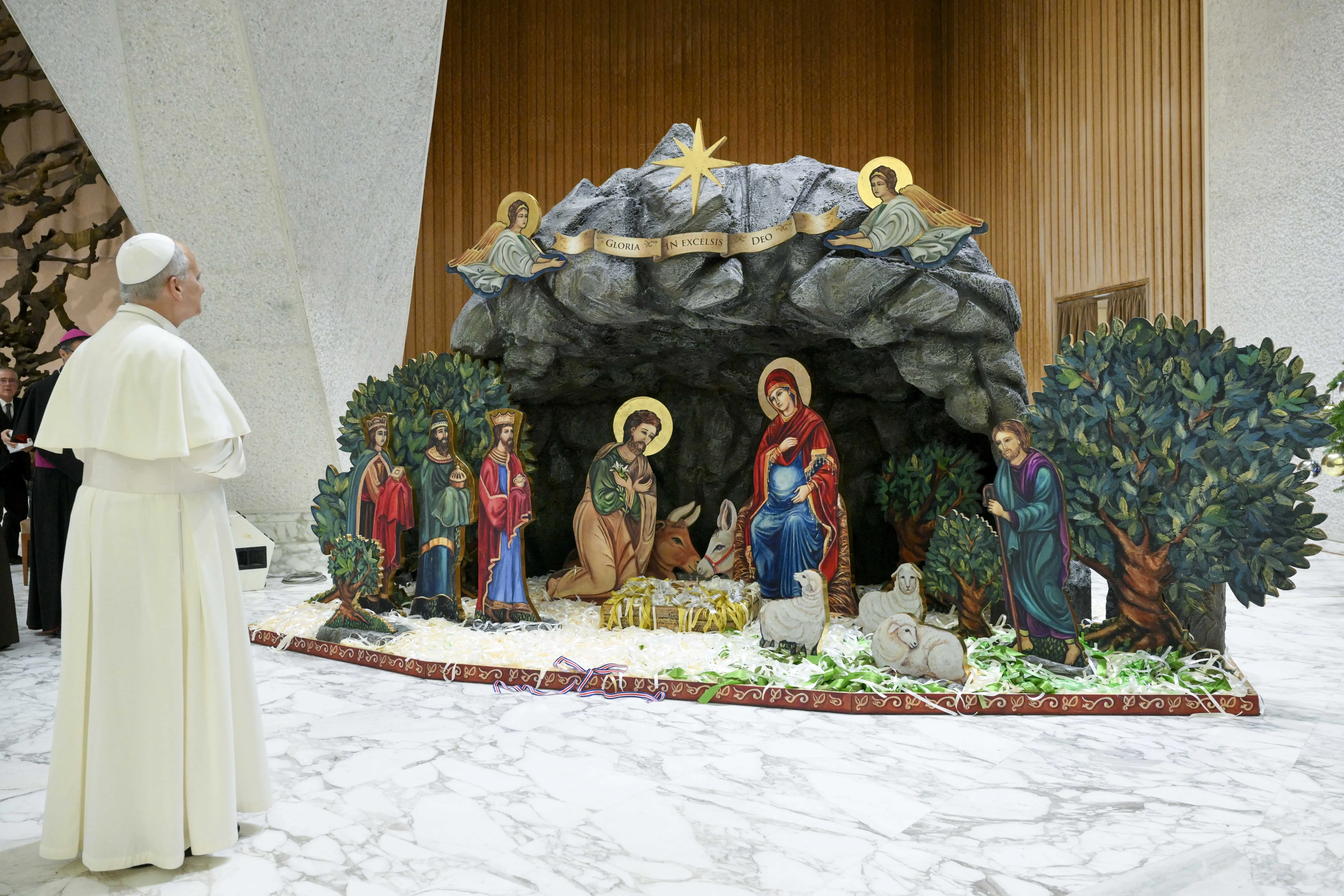“Let us hasten, therefore, to give drink to the thirsty. Let us correct our lifestyles, so that they do not waste or pollute.”
World Water Day is an annual U.N. observance held on March 22 since 1993. About one in three people today lack access to safe drinking water, according to the U.N., which projects an increase in global water scarcity in the coming decades.
Cardinal Parolin said that floods, droughts, increased temperatures, sudden and unpredictable variability of rainfall, thaws, decreased river currents, or the depletion of groundwater were “harmful effects of climate change” that damaged and reduced the quality of water.
The Vatican official called for people to “live soberly” without wasting water in solidarity with those who need it the most.
“For example, if we protect wetlands, reduce greenhouse gas emissions, enable smallholder irrigation and improve resilience in rural areas, low-income communities, who are the most vulnerable in terms of water supply, would benefit and be lifted out of their prostration and neglect,” he said.
Cardinal Parolin pointed out that most “food-borne pathologies actually originate from the poor quality of the water used in their production, processing, and preparation.”
“Access to safe drinking water and adequate sanitation reduces the risk of food contamination and the spread of infectious diseases, which affect people’s nutritional status and health,” he said.
In the video message, recorded in Spanish and sent to the UN Food and Agriculture Organization (FAO) and the UN Educational, Scientific and Cultural Organization (UNESCO), the cardinal lamented that “this resource has not been granted the care and attention it deserves.”
He added: “Wasting it, disdaining it or polluting it has been a mistake that continues to be repeated even today.”
Pope Francis highlighted World Water Day in his Angelus address the day prior. The pope quoted St. Francis in referring to the natural resource as “sister water,” which he described as a “wonderful and irreplaceable gift of God.”








